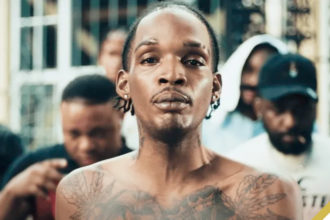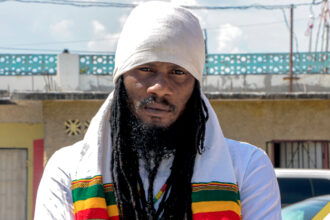Despite scoring a massive victory over the weekend with a sold-out concert in Guyana, Jamaican dancehall superstar Vybz Kartel remains at the center of controversy surrounding his provocative track Good Like Jesus. The song, which has drawn sharp criticism for its lyrical content, is now under scrutiny in Trinidad and Tobago, following similar objections raised by Guyana’s Ethnic Relations Commission (ERC).
The ERC previously advocated for Kartel to refrain from performing the track, citing concerns about its perceived vulgarity and potential offence to Christian communities. They also proposed banning the song from local airwaves. Now, the Government of Trinidad and Tobago has joined the conversation, issuing a recent press release through the Ministry of Defence addressing the controversy and laying out restrictions ahead of Kartel’s anticipated visit to the country for the One Caribbean Music Festival on Saturday, May 31.
The statement, issued by Minister Wayne Sturge’s office, outlined a careful balancing act between upholding freedom of expression and protecting national interests. The excerpt from the official press release reads:
“Having received numerous complaints and remonstrations from individuals and religious groups regarding the explicit and vulgar lyrics contained in the song Good Like Jesus, where the quality of a female’s genitalia is compared with the deity known as Jesus, and having considered the effect such lyrics may likely have upon those who venerate Jesus either as their Lord and Saviour or as prophet, the Honourable Minister has and will exercise his discretion to restrain Mr. Palmer from performing this song whilst in this jurisdiction, as well as any song which contains similar content, being mindful of the right of the artiste to freedom of expression, but also mindful of the fact that freedom of expression is not an absolute right.”
As debate rages online and across the region, Vybz Kartel has yet to issue a formal response to the escalating concerns from both governments.
This latest controversy underscores the enduring power—and polarising nature—of Kartel’s music. Whether the ban is enacted or not, the debate it has stirred forces a broader conversation about cultural exports, censorship, and the boundaries of artistic license in an increasingly interconnected Caribbean.













